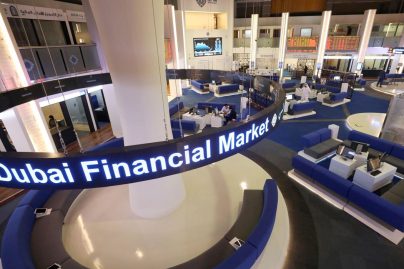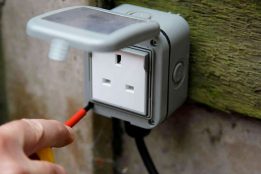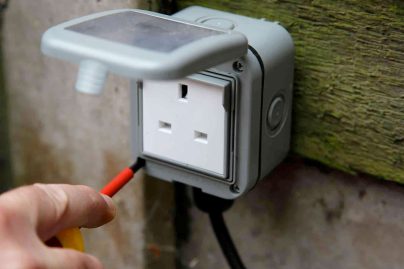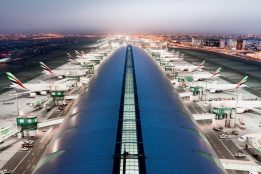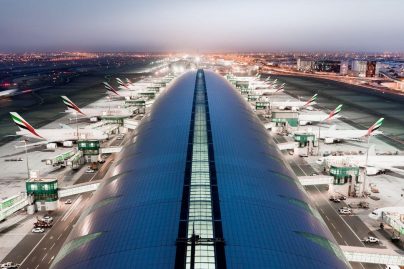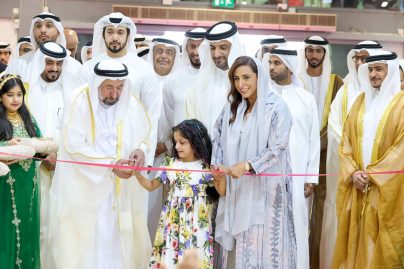People’s lack of awareness is worsening the water scarcity issue as per experts
Fri 04 Mar 2022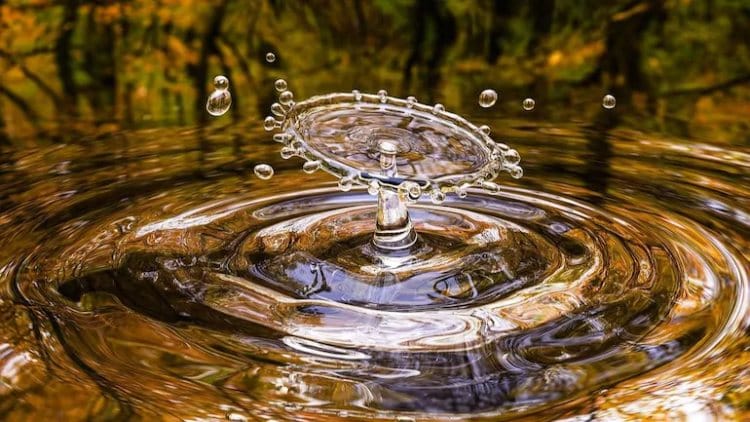
DUBAI: People do not act on climate change because many are unaware of what to do and how they can help the cause, experts opined at an event held in Expo 2020 Dubai.
“It’s not enough to create a publication and write about the impact of climate change because no one reads them. It would help if you had more modern and direct tactics, such as social media, to raise awareness. People need to be given actionable things that they can do because that’s how they are motivated to be involved,” Patrizia Danz, Director-General of the Swiss Agency for Development and Cooperation (SDC).
She was speaking at an event to mark the opening of the Blue Peace exhibition in the Switzerland pavilion at the Expo 2020 Dubai.
“People often get motivated about problems when they read about them on the internet but then they don’t do anything about it because they don’t know what to do or how to help,” she told the delegates.
In the Middle East and North Africa (MENA), water scarcity is a critical issue, and the panacea for this situation lies in ensuring equitable water rights and a consensus on intelligent management of available water resources to reduce the risk of conflict, Patrizia added.
The Blue Peace exhibition showcases Switzerland’s commitment to water diplomacy and endeavours to sustainable use of the world’s water resources for peace, stability, and development. SDC is the arm of Switzerland’s Federal Department of Foreign Affairs (FDFA).
Across the world, 153 countries share rivers, lakes and aquifers that are more than half of the land’s surface. It is more than 60 % of the world’s global freshwater. When it’s depleted, transboundary water supplies can cause social unrest and sometimes much worse, the event organisers said.
The Blue Peace Middle East, launched in 2018, facilitates water cooperation across the borders between countries and works towards fostering peace and sustainable development. Blue Peace Middle East was led by Iraq, Jordan, Lebanon, Turkey, and Syria.
Speaking at the event, Igor Malgrati from the International Committee of the Red Cross commented on the impact of the quality of water when experts leave a certain region because of political and environmental reasons.
“There are three important features of modern armed conflicts. The first is scale; it takes urban settlements, which means millions of people get involved. The second is the duration. Modern conflicts are generally ongoing, and they never seem to end, and that is why they are called protracted armed conflicts. The last is complexity. There are always an incredible number of stakeholders that need to be considered,” Malgrati said.
“Urban settlements are interconnected with energy and water, and there are many ways water can be impacted by war. A direct tactic to gaining control of urban environments is to target water services,” Malgrati added.
H.E. Dr Danilo Türk, Slovenian diplomat said: “The next year, Switzerland will be joining the UN Security Council as a non-permanent member. The year after that, Slovenia will join too, hopefully, help push this higher on the UN’s agenda. The solutions to these problems require high-level diplomacy.”
Switzerland officially created the Blue Peace approach in 2010. Blue Peace strives to ensure water cooperation to foster peace, stability, and the achievement of UN Sustainable Development Goal 6: Clean Water and Sanitation for All by 2030.
Blue Peace uses water as a peacebuilding and sustainable development tool as a diplomatic initiative. With the support of many partners, including the Geneva Water Hub, a think tank and academic centre, Blue Peace has become a significant facilitator of water diplomacy, education, and innovation.
The Blue Peace exhibition will run until the end of the Expo at the Switzerland pavilion.
Source: Supplied

 May 02 2024
May 02 2024

